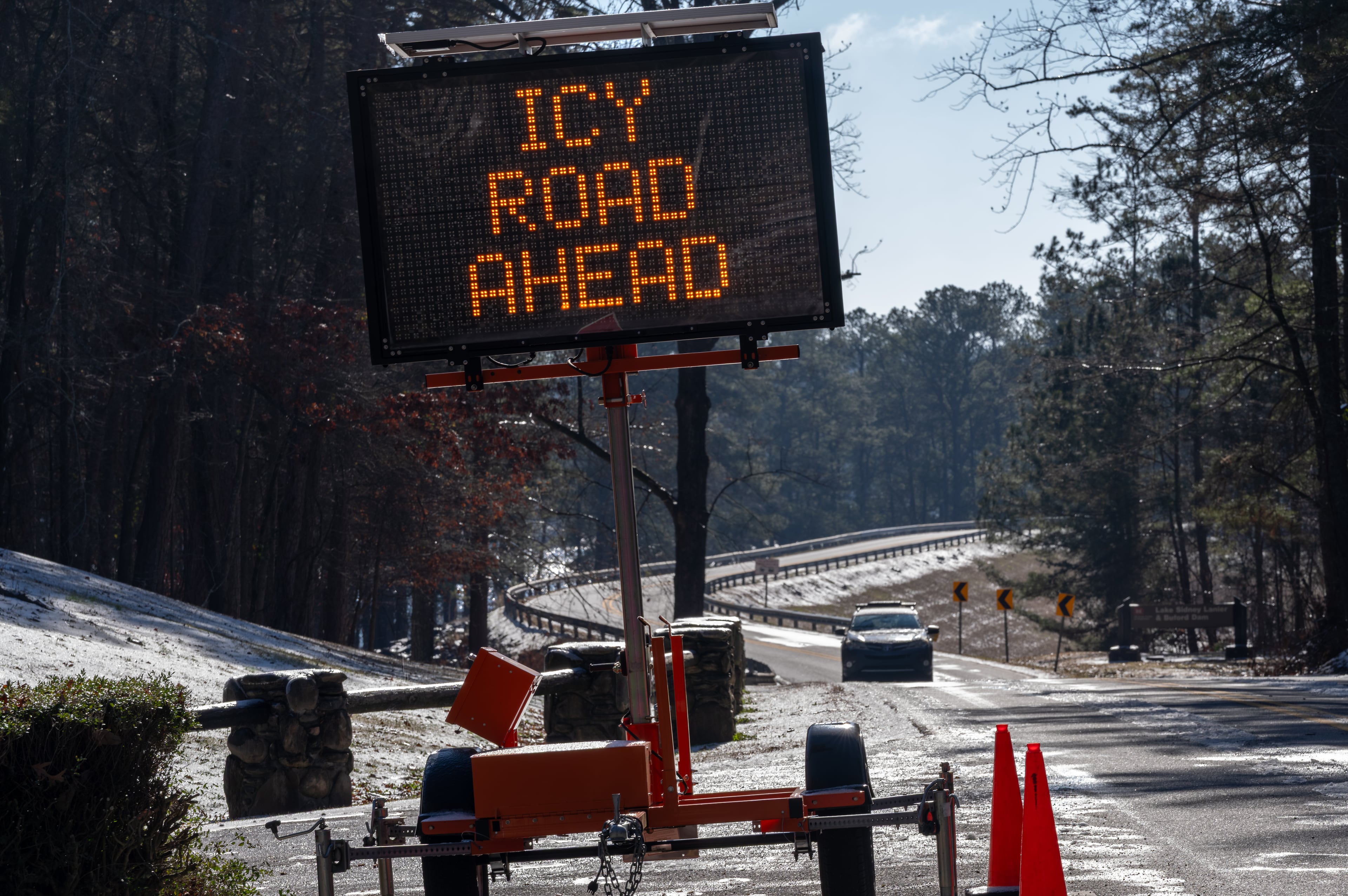Buying a house on Peachtree? Street names could affect value
The lede of this story has been edited for clarity to reflect the relative value of a home on Peachtree Street in Georgia, as oppposed to the national average
Nationwide, homes on "Peachtree Street" are valued at 24 percent less than the national average. However, if you live in Georgia, a house on Peachtree Street could net you 9 percent more compared to other houses in the state.
That's according to a 2015 data analysis which argues that street names -- inane and arbitrary as they may seem -- have real value, especially when it comes to houses.
"If you look at enough data, patterns start to emerge. Even randomness has an order," write Zillow executives Spencer Rascoff and Stan Humphries in a piece for the New York Times.
To wit: analyzing the data compiled by Zillow, a real estate website, Rascoff and Humphries said they discovered that named streets are better for home values than numbered streets; street names with "lane" are better than those with "street"; and unusual names are better than common ones.
But there are only two cities in the country where named and numbered streets provide roughly equal value: New York City and Atlanta.
Even better: the Times piece includes an interactive tool, drawing from that same Zillow data, where you can see how much home values differ by street names, on average.
For example we now know that Peachtree Streets are a drag -- but homes on Paces Ferry Road are 63 percent more valuable nationwide than the average home, according to the tool.
And it gets more granular: the tool also compares home values on a given street name with the home values on similarly named streets, as well as against a given state's average. So homes on Peachtree Circle are 43 percent more valuable than homes on Peachtree Street.
More news of the day:


